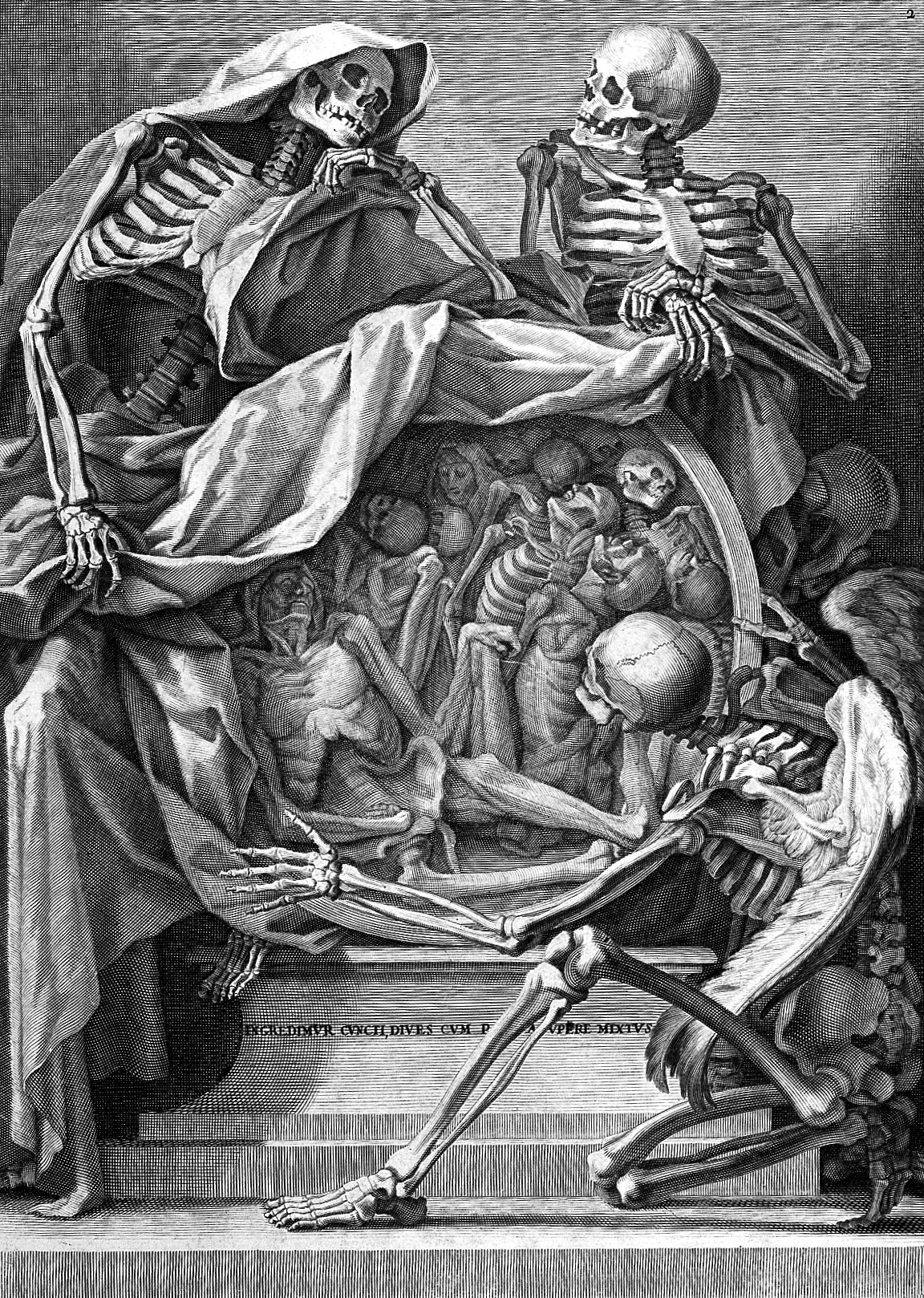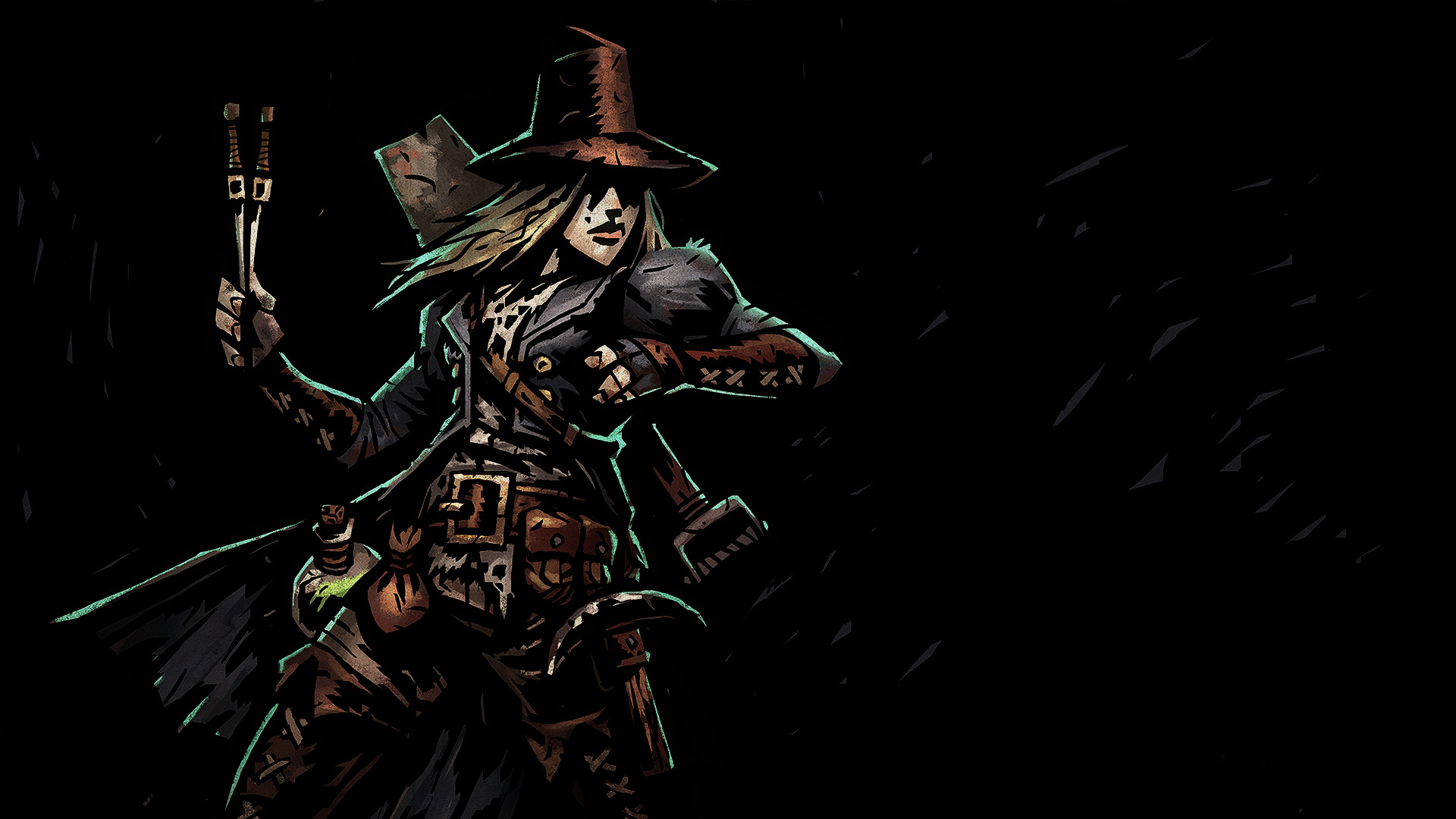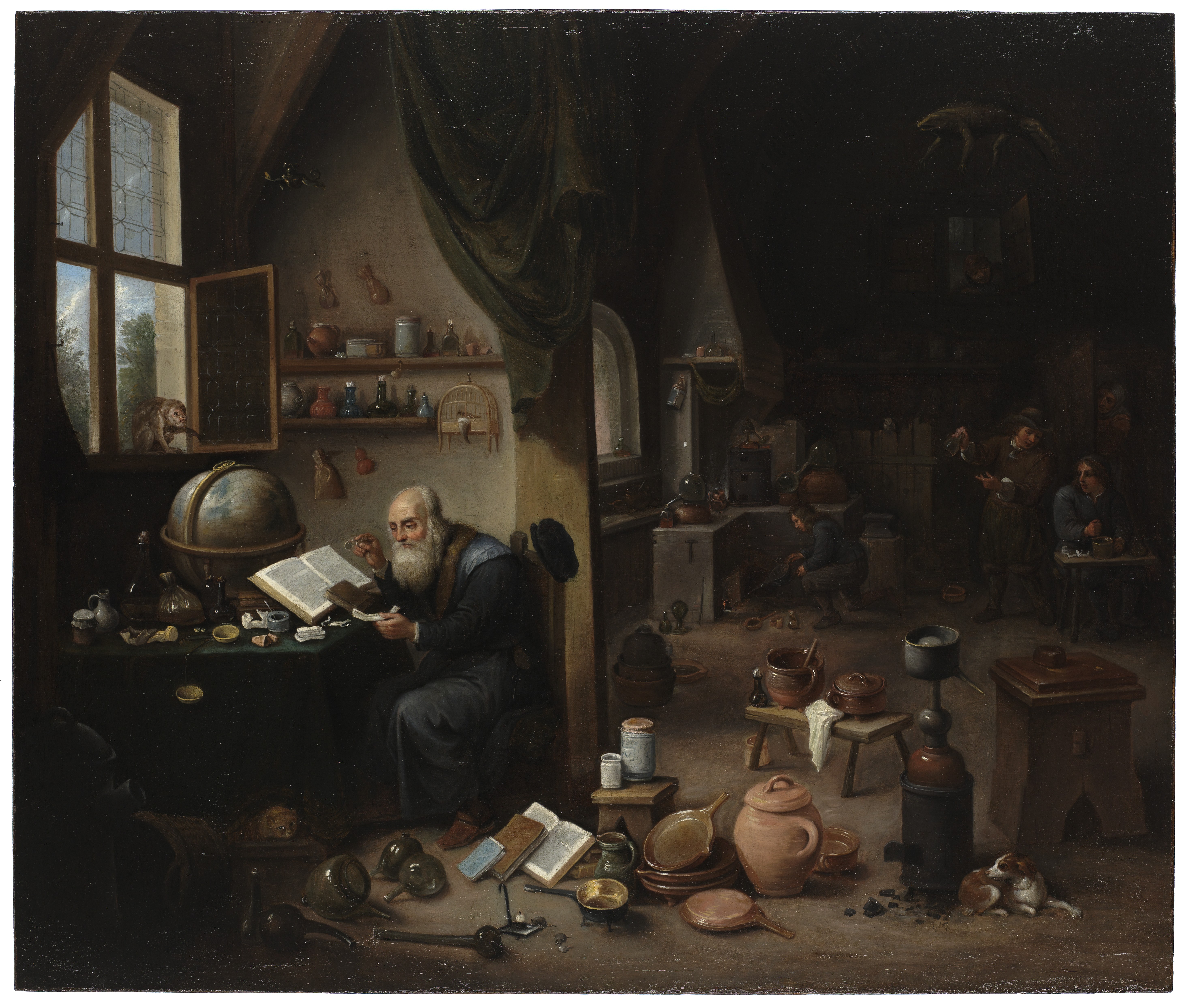Honor Among Thieves
They say there is no honor among thieves. That is probably true, but there are rules. There are societies, crews and of course guilds. I have written up a few guilds and there are plenty of others to draw on, but it can be hard for some folks to figure out how to use them.
The easiest use of course is adversaries. They steal the PC’s stuff and the PC’s have to get it back. Either that, or they beat the PC’s to the loot. That is fine but is not always the most compelling answer. Many players are into the whole idea of playing criminals. There is something to the appeal of crime stories. There is a reason why we keep seeing heist films getting made. Gangster flicks are iconic and Robin Hood is an enduring legend. Criminal societies make good stories.
The problem is, not everyone knows how to translate that kind of story to table top. If you will permit, I will offer some advice on that point.





